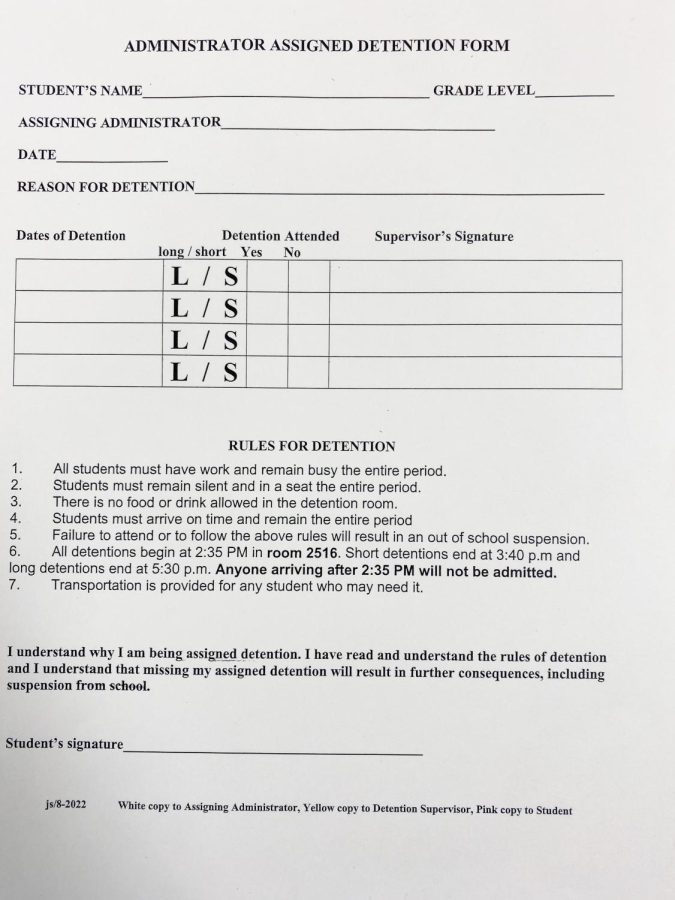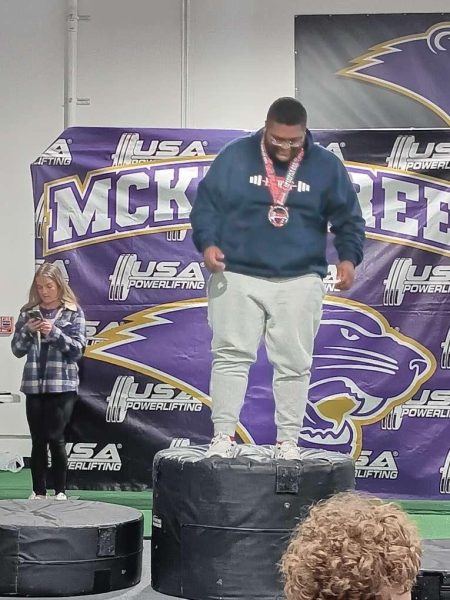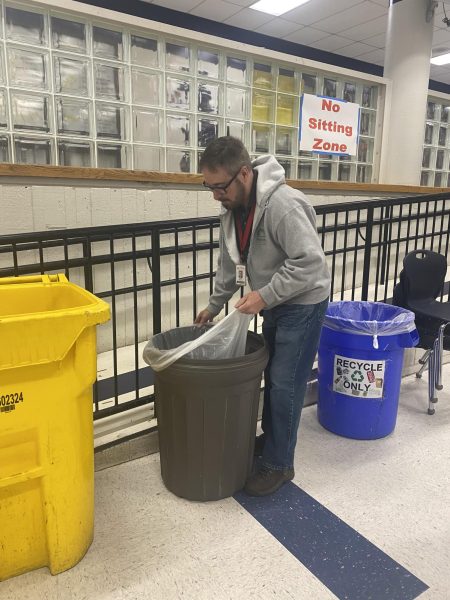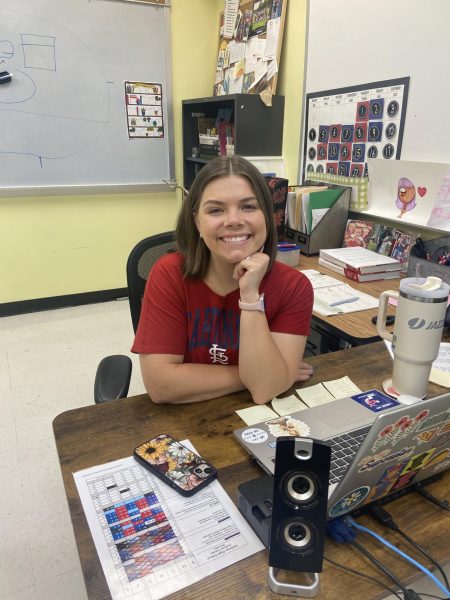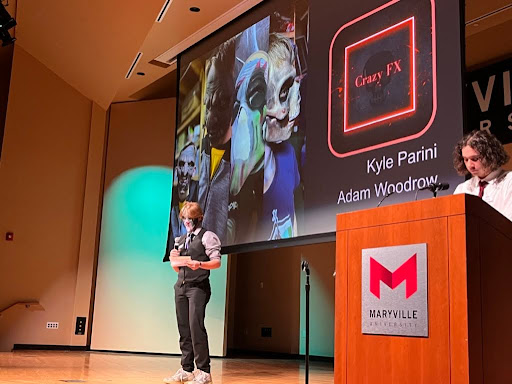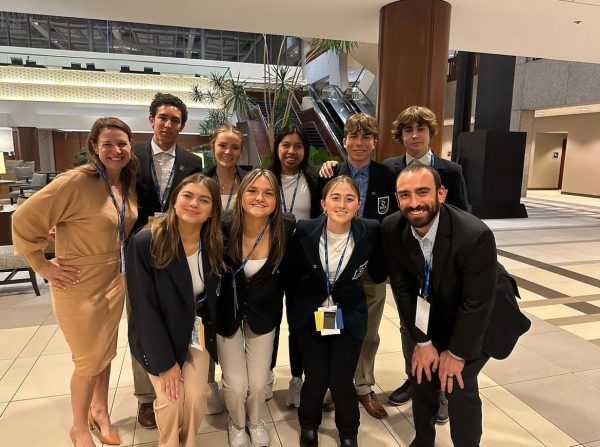Three strikes you’re in detention
South eliminates lunch detention, In-School Suspension
This is the form students receive notifying them of the rules of detention.
It is the word that every high school student fears–Detention. If you mess up, bam, you have detention. Well, not necessarily.
The detention system at South High is a 3-strike system. Your first offense is a warning from the teacher and the first strike. The second offense is another warning, and the teacher may call home. Your third offense results in a detention, and a call home. And if you get a fourth offense, you get referred to your grade level administrator. This policy is used for in-class detentions–there isn’t a strike system in passing periods or at lunch.
Lindsey Perkins, the newest addition to the administration team, describes why she thinks detentions are a better solution than lunch detentions and In-School Suspension.
“ISS is not my favorite thing personally. After school detention is a students time, and it causes them to change, because it actually takes something from them. They reflect on what went wrong, and it deters the problem going forward,” she said.
So what do teachers and students think about the new system?
Business teacher Greg Schuermeyer is the supervisor for most of the detentions, and he thinks it’s extremely helpful for students.
“Detention is a good spot for kids to get caught up in schoolwork. It’s a free period of time for them to just study and get their grades up,” he said.
Senior Brandon Ingram agrees.
“In detention I just got caught up on some homework and chilled,” he said.
Schuermeyer said the most common way people have gotten detention so far is by not being where they’re supposed to be.
“The biggest reason I’ve seen is out of bounds. It’s a safety perspective,” Schuermeyer said.
Another common way people can get detention is by violating the new cell phone policy. (Read article Distraction Devices, by Isabella Tober to learn more, also on psouthtreaty.com) The cell phone policy is a three-strike system, and your third strike is a detention. Perkins describes why the new cell phone policy is so important.
“Coming back from COVID, students have been multitasking and going on their phones. We seemed to forget what it was like to go without our phones, so we needed to enforce something new,” Perkins said.
And finally, the reason for the biggest detention session of the year, tardy sweeps. One unexpected tardy sweep, and BAM, 27 people in detention. (Read article Sweep Away Tardy Sweeps, by Sophia Fredrickson, again, on psouthtreaty.com to learn about the unfairness and ineffectiveness of tardy sweeps)
Perkins has noticed that some teachers aren’t very strict with some policies.
“Some are being kind of lenient on policies like tardies or cell phones, but it just depends on the teacher,” Perkins said.
There are many other reasons, such as horseplay, and foul language, but the first 3 are by far the most common. Ingram said he got detention for horseplay out in the halls.
“A few people that I know were playing around too much in an unmanageable way. I got in trouble for yelling pretty loudly at them to stop,” Ingram said.
Detention days are Monday and Wednesdays for 1 hour detentions, and Tuesday and Thursdays for both 1 hour and 3 hour slates. And don’t think of being late or missing detention, because your detention can be extended to another day, or even a suspension.
Schuermeyer’s main theme during our meeting was how he wanted to help kids and make sure they do their best.
“I try to remember that our purpose is to help you guys be the best students you can be.
So I’ve learned that I can’t give an inch, I have to be pretty strict sometimes to keep people in line,” Schuermeyer said.

